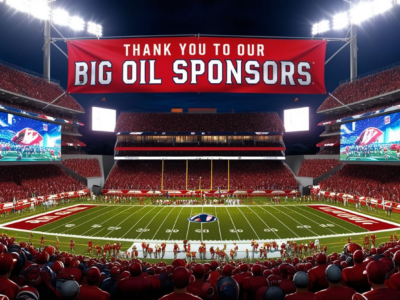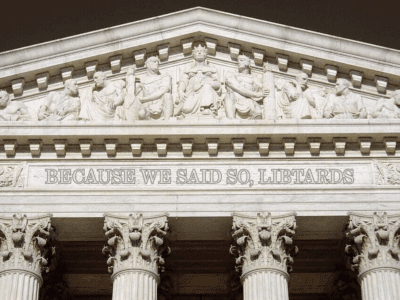Helter Skelter
Even for deregulators, the latest rollback makes no sense.
The Washington Post reported this morning that EPA is getting ready to roll back yet another Obama Administration climate regulation — this time, one regulating natural gas leaks. I wanted to add a brief postscript to Ken Alex’s post on this. What struck me most immediately was the sheer economic weirdness of making this rollback effort. The cost saving for industry is trivial. According to the Post, “the agency estimates the proposed changes . . . would save the oil and natural gas industry between $17 million and $19 million a year.”
You can’t even call that a rounding error for the industry. According to the Energy Information Administration, industry profits in 2018 topped $28 billion (including only the top 43 companies). So repealing the Obama rule would increase industry profits by 0.07%.
Or, if you assume that the saving would all be passed on to American consumers, repealing the rule would save the average American a grand total of six cents a year. I’ll bet you feel richer already. Even if the Obama rule didn’t have any environmental benefits, no deregulator in its right mind would prioritize its repeal.
Obviously, whatever is going on here has nothing to do with removing economic burdens on the economy. It’s really just destruction for its own sake.
Reader Comments
3 Replies to “Helter Skelter”
Comments are closed.






The word is nihilism…
you’re looking through a one-way glass.
First, according to the fact sheet for the proposed rule, EPA requests information on:
*Whether section 111 of the Clean Air Act requires EPA to make a pollutant-specific significant contribution finding for GHG emissions (primarily methane) from the oil and natural gas industry; and
If the law does require a pollutant-specific finding, whether the finding in the alternative in the 2016 rule properly satisfied that requirement.
*EPA also is seeking comment on the appropriate criteria to use when determining, under section 111.
This is simply deregulation for a preferred industry who objected to the rule. Gas prices are dropping and there is an oversupply. any cost savings will help pricing margins in a competitive environment.
Also from the rule
” the EPA has determined that the purported revision in 2016 of the pre-existing source category (which the EPA now proposes to conclude was originally intended to include only the production and processing segments) was not appropriate. Because the transmission and storage segment constitutes a separate source category from the production and processing segments, the EPA could have listed it for regulation under CAA section 111(b) only by making a significant contribution and endangerment finding as required by the statue, which the EPA never did.”
do you disagree that sources in the transmission and storage segment was a pre-existing source category?
do you disagree that the methane requirements are entirely redundant with the existing NSPS for VOCs?